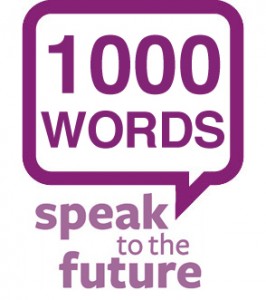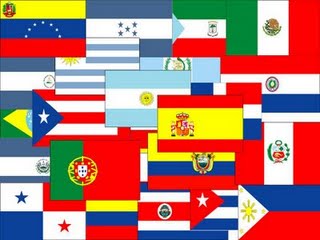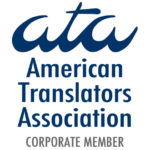October will definitely be an interesting and busy month for translators. Look at all the translation related events that will take place everywhere in the world this month!

1ST
PROZ Translators’ Boot Camp
From 12:00-19:00GMT
Tips, tricks and best practices to bring your translation business to the next level.
2ND
PROZ CAT Tool & Software Day
From 12:00-21:00GMT
Leading CAT tool vendors will offer product demonstrations and software support and sales staff will answer attendees questions live.
Marcom Translation Process –Challenges and Solutions [Webinar]
Organized by the Localization Institute. The webinar will answer why translations of marketing communications fail; culture challenges; integration of marketing communication and translation processes; three major translation risks to mitigate during the development phase of marketing communications strategy; and best practices.
Translation Risk Management [Webinar]
Organized by the Localization Institute. What is translation risk management? How is risk defined in translations? What is a tolerated risk and what kind of risk factors must you address prior to the start of the project?
3RD
PROZ Recruitment Virtual Event
From 12:00-16:00GMT
To help freelancers get more work. Translation agencies will be looking for translators in specific language pairs.
3RD-5TH
ELIA Networking Days (St. Julian, Malta)
Organized by the European Language Industry Association.
4TH
PROZ Networking Marathon
From 10:00-20:00GMT
4TH-6TH
Translation Forum Russia 2013 (Rosa Hutor, Russia)
The conference is held in English and Russian with simultaneous interpretation provided for all session track.
5TH
IAPTI 2013 – International Conference (London, UK)
International Translation Day Event: At the Top of your Game: Perfecting your Language Skills
Organized by the Northwest Translators and Interpreters Society and the Washington Court Interpreters. (Seattle, Washington, USA)
7TH-8TH
Localization Project Management Certification (Santa Clara, California, USA)
Organized by the Localization Institute
9TH-11TH
Localization World Sillicon Valley (Santa Clara, California, USA)
CFI 11th Annual Continuing Education Conference (Oakland, California, USA)
Organized by the California Federation of Interpreters
10TH-11TH
Methodological Challenges For Contemporary Translator Educators (Krakow, Poland)
Organized by the International Association for Translation and Intercultural Studies. It will deal with topics like transferable skills training, student internships, transfer of knowledge between university and work place and self-training.
12TH
A Witness to History (Philadelphia, PA, USA)
Organized by the Delaware Valley Translators Association
MITI Conference on Interpretation and Translation (Novi, Michigan, USA)
Organized by the Michigan Institute of Interpretation and Translation
14TH-18TH
Advanced Medical Interpreting (Monterrey, California, USA)
The course focuses on improving interpreting skills in simultaneous, consecutive, and sight translation modes as applied in the healthcare setting.
16TH
Choosing a Localization Vendor [Webinar]
Organized by the Localization Institute. This seminar will cover ways to identify the best vendor for a company’s needs, and will discuss standards of service to expect when working with a vendor.
17TH
Cloud-based Translation Management Systems For Start-Up LSPs & Freelancer Groups (Mountain View, California USA)
Organized by The International Multilingual Computing User Group (IMUG).
18TH-19TH
KATS International Conference (Seoul, Korea)
Organized by the Korean Association of Translation Studies.
20TH-23RD
VI International Congress of the Spanish Language (Panama City, Panama)
It aims at analyzing the past, present and future of books written and published in the Spanish language.
24TH-25TH
7TH Colloquium on Translation Studies in Portugal (Lisbon, Portugal)
24TH-26TH
9TH Annual Meeting: Language Culture and Identity (Tarragona, Spain)
25TH-26TH
Interpreting Studies At The Crossroads of Disciplines (Maribor, Slovenia)
Organized by the University of Maribor.. The conference aims to address the results of this interaction between IS and other disciplines; the benefits of interdisciplinarity for IS; and what impact these different approaches have had on research.
Translation Technology Terminology Conference (Zagreb, Croatia)
The conference offers a variety of content and offers opportunities to meet fellow translation-industry professionals and share or exchange ideas.
31st-Nov 1st
China International Language Industry Conference (Shanghai, China)
Organized by the Translators Association of China, Shanghai Language Services Center for Cultural Trade.












